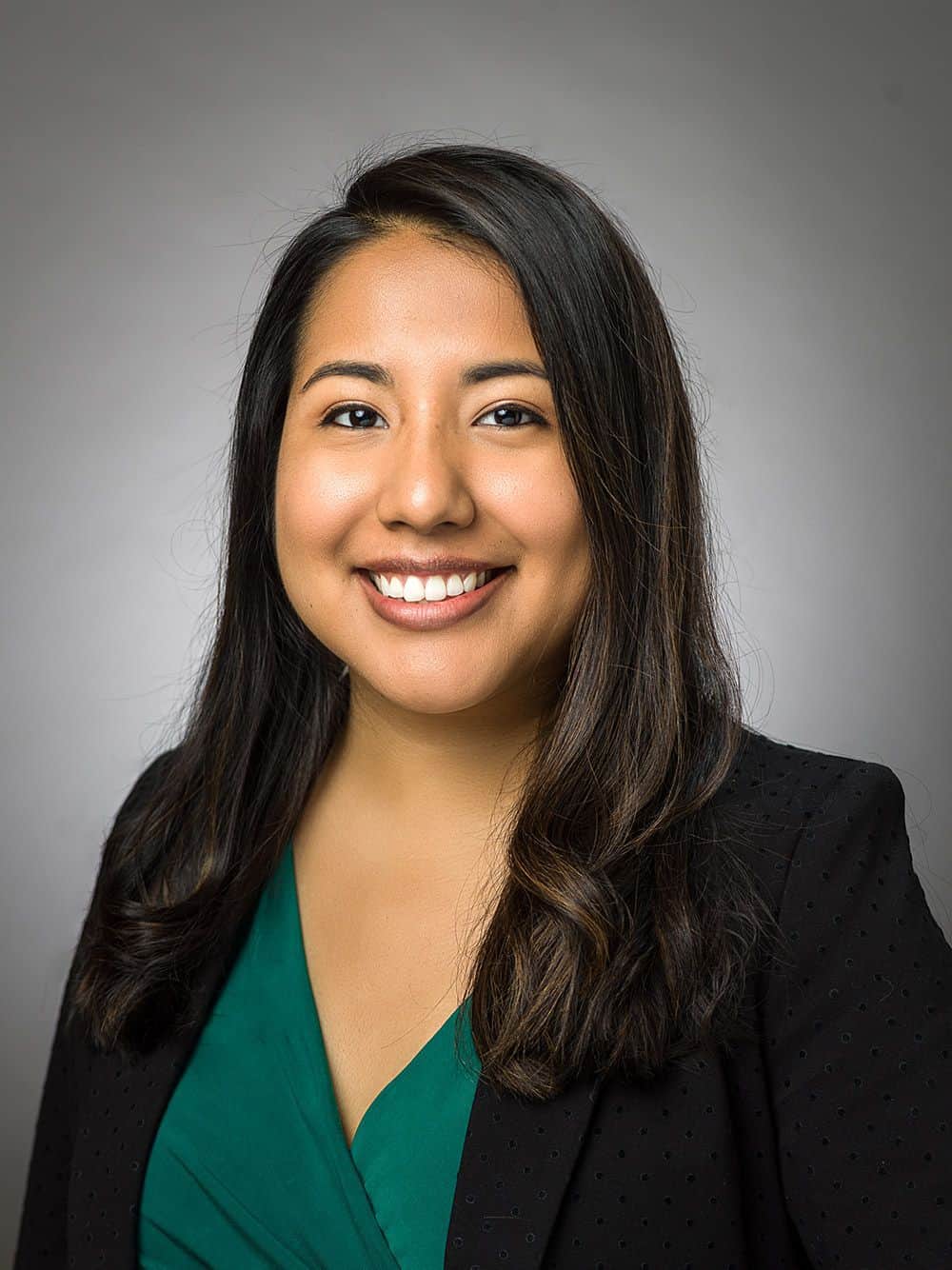NC Child and our partners have taken big steps to protect children and infants from exposure to lead from drinking water in child care centers. Together with teams from the Duke Environmental Law and Policy Clinic, and the North Carolina Division of Public Health, we joined a research study in 2018 led by RTI International called Clean Water for Carolina Kids. This partnership has become a groundbreaking program to protect young children from lead exposure in North Carolina.
Drawing on each of our teams’ unique strengths, we were able to collaborate with early childhood educators to make a critical advancement in children’s healthy development.
And our work is being recognized. The Environment and Natural Resources Program at Harvard Kennedy School’s Belfer Center for Science and International Affairs announced today that Clean Water for Carolina Kids is the winner of the 2020 Roy Family Award for Environmental Partnership. The prestigious Award is presented every two years to celebrate an outstanding cross-sector partnership project that enhances environmental quality through novel and creative approaches.
Read the full press release about the Roy Award here
We owe an enormous debt of gratitude to all the teachers and administrators in North Carolina’s child care centers, for the ways they go the extra mile for young children every day. Their willingness to show up for families and young kids – as teachers, as caregivers, and now as citizen scientists – inspires us all to work harder for kids each day.
About Clean Water for Carolina Kids
In 2017, RTI’s Clean Water for Carolina Kids pilot study found that lead was present in drinking and cooking water at child care centers in North Carolina. 97% of child care centers participating in the study had lead present, with 16% of centers containing very elevated lead in at least one tap.
With support from the child care community, our partnership was able to successfully change North Carolina’s statewide child care sanitation rules. Now child care centers will test their water for lead regularly. If they find lead contamination above a certain level, the health department helps them identify and remove the lead source – preventing exposure for children and staff.
This novel approach makes scientifically-robust lead testing possible by empowering child care center administrators to participate as citizen scientists. A grant from the US EPA has made the testing free of cost.
Lead is Dangerous for Young Children
Hundreds of young children are identified with elevated lead levels in North Carolina each year. Lead causes damage to children’s developing brains and nervous systems even at very low concentrations. Even very low exposures can cause irreversible harm.
“Lead disproportionately impacts children. Our partnership aims to proactively identify and remove lead in water sources so that all children, and especially those in disadvantaged and minority communities, may reach their full potential.” — Jennifer Hoponick Redmon, the Project Director and a Senior Environmental Health Scientist at RTI International.
Childcare teachers and administrators have been wonderful partners in this effort. They understood immediately that infants and young children are uniquely sensitive to the long-term, harmful impacts of lead exposure, and were ready to take action.
If you work in a childcare setting, watch these videos to see how you can get lead out of your drinking water.
Ensuring Clean Drinking Water for All Kids
Lead contamination typically comes from old pipes or faucets in the building – not from the water source itself. That means when lead is found, there are often simple options for getting it out of child care centers. These can include no-cost “clean water habits,” as well as along low-cost solutions like replacing an old faucet, or installing and maintaining a filter certified to remove lead. Watch our video series to learn more.
By focusing on prevention, this partnership will protect the 230,000 children ages 0 to 6 in child care centers and schools in North Carolina. Every child deserves to drink water without toxic lead. We hope this partnership inspires others to take action – even replicating this model in other states. If you’re interested in learning more, please don’t hesitate to reach out.


